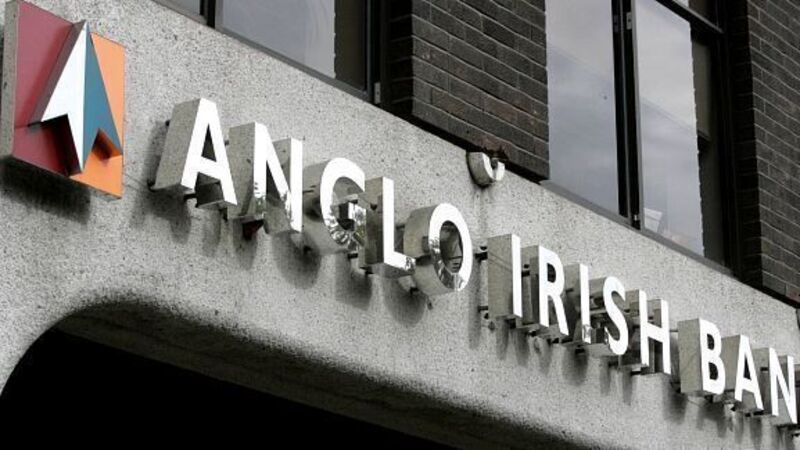Anniversary of banks’ collapse: Are we less vulnerable than in 2008?

It’s a decade since our financial regulators and central bankers were frog-marched into the glare of television studios to reassure a nervous public that our banks were secure.
Despite their best efforts, and because they had been lied to by the banks, they looked more like sleepy marsupials whose hibernation had ended too early, rather than centurion watchdogs capable of keeping out-of-control bankers in check.
















